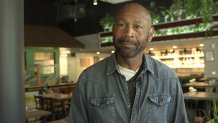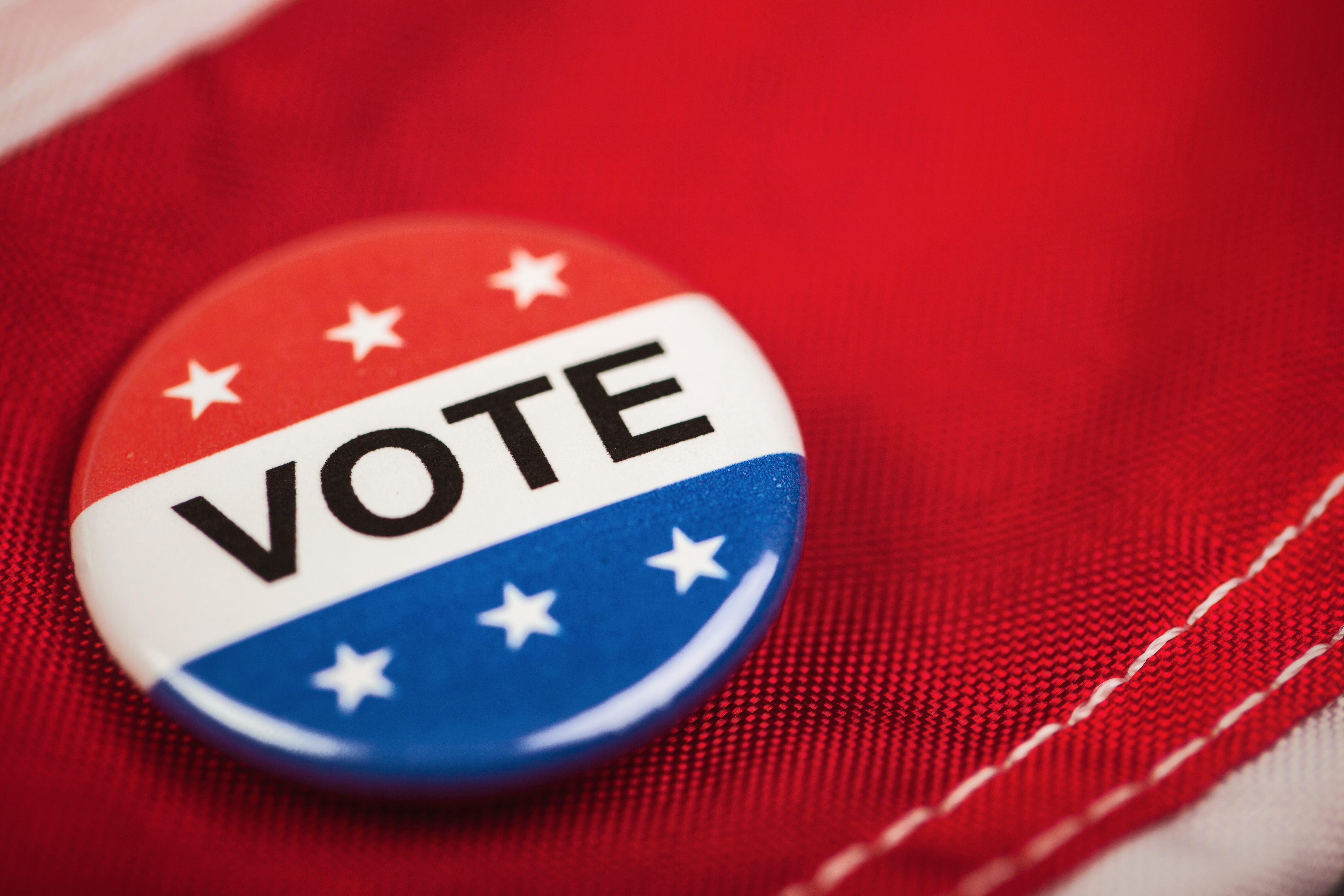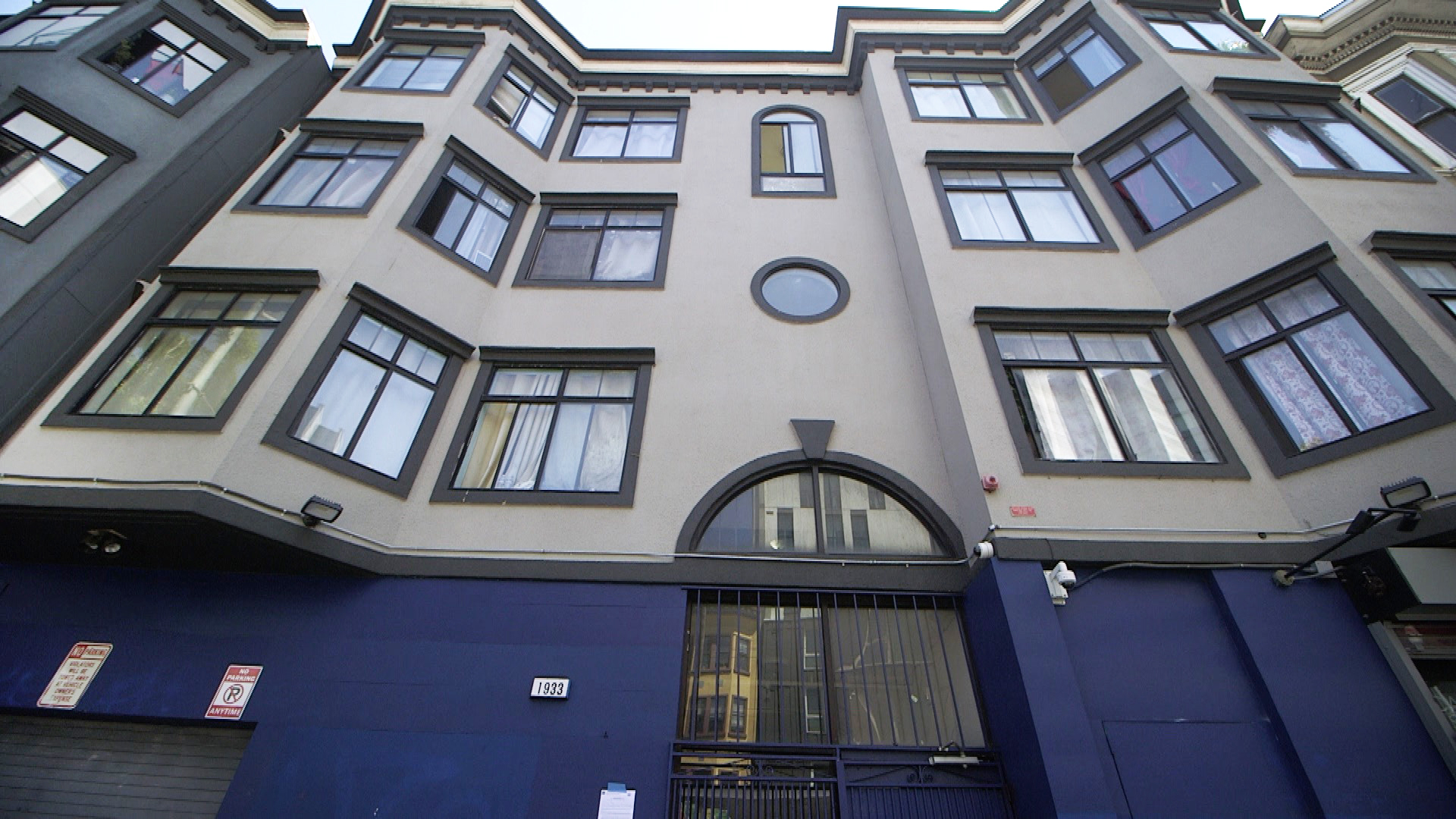On a day this summer, Nigel Jones stood in front of his Oakland Jamaican restaurant Calabash, pointing to where vandals had randomly broken out a second window in recent weeks, setting him back a total $6,000.
“Just broke the window,” Jones lamented, “creating damage and I have to repair it because I cannot just have it sitting like that and it’s just money lost.”
For Jones, the years of soaring crime in Oakland have taken a toll on his restaurant, and his optimism. Something has to change, he said. And any solution he could see would require tough love.
“You cannot run a city or any community where people just feel that they can do whatever they want to within their community,” Jones reasoned.
Through his frustration, Jones has thrown his support to Proposition 36 on the November ballot, a state initiative that would increase penalties for drug crimes and theft. It would essentially roll back Proposition 47 passed by state voters in 2014 which reduced penalties for drug crimes and made theft a misdemeanor when the overall value of stolen items was below $950.
“We’re not trying to arrest our way out of the situation,” Jones said. “But law-abiding people are not doing this stuff.”
Prop 36 is the most controversial on California’s November ballot. Governor Gavin Newsom opposed 36 and initially planned to produce a rival to Prop 36, but then ended up introducing a package of retail crackdowns that echoed its intentions. At the same time, large retailers like Home Depot, Walmart and Target backed Prop 36, helped it to qualify for the ballot.
Yolo County District Attorney Jeff Reisig is among the supporters of Prop 36, blaming its predecessor Prop 47 for fueling current crime trends.
“That was the law that actually fueled the retail theft crisis,” Reisig said, “where people can steal up $950 a day, multiple times a day, multiple times a year and it’s a ticket — a misdemeanor.”
Get a weekly recap of the latest San Francisco Bay Area housing news. Sign up for NBC Bay Area’s Housing Deconstructed newsletter.
Reisig said Prop 36 would require people convicted of a third drug charge to enter drug court through a mandated treatment program. It would also increase penalties for drug dealers who are caught with a gun. Prosecutors would be able to file felony charges for lower monetary level thefts.
“Prop 36 will fix that by bringing back penalties for recidivists, people that steal again and again and again,” Reisig said. “And it will also bring what’s called a mandated treatment felony to people who use hard drugs like fentanyl, heroin, cocaine, PCP.”

But some defense attorney organizations are concerned about Prop 36, saying it will revert the state back to the days of the unsuccessful war on drugs, where addicts were jailed instead of steering them to treatment.
“It really does reject the treatment model for dealing with drug crimes,” said Bay Area defense attorney David Briggs, “and would go right back to the mass incarceration we had before Prop 47.”
Briggs pushes back against the notion that cracking down on theft and drug crimes will deter people. He reasoned that desperate people would continue to steal in order to support their habits, and that treatment was more appropriate than detention.
“Really this is going to sweep up our average drug addicted, non-violent person, someone with a mental illness, someone whose only crime is to steal to support their habit,” Briggs said. “It’s going to get those people and throw them in jail without mercy.”
But for Jones, Prop 36 is a reaction born of desperate times. He figured the prospect of increased penalties might just deter someone from breaking his windows next time. As his restaurant still tries to shake off the doldrums of the pandemic, he sees the soaring crime as another giant hurdle its survival.
“Because the crimes seem to be random, it could be anywhere, anytime,” Jones said. “That alone just freaks people out.”




